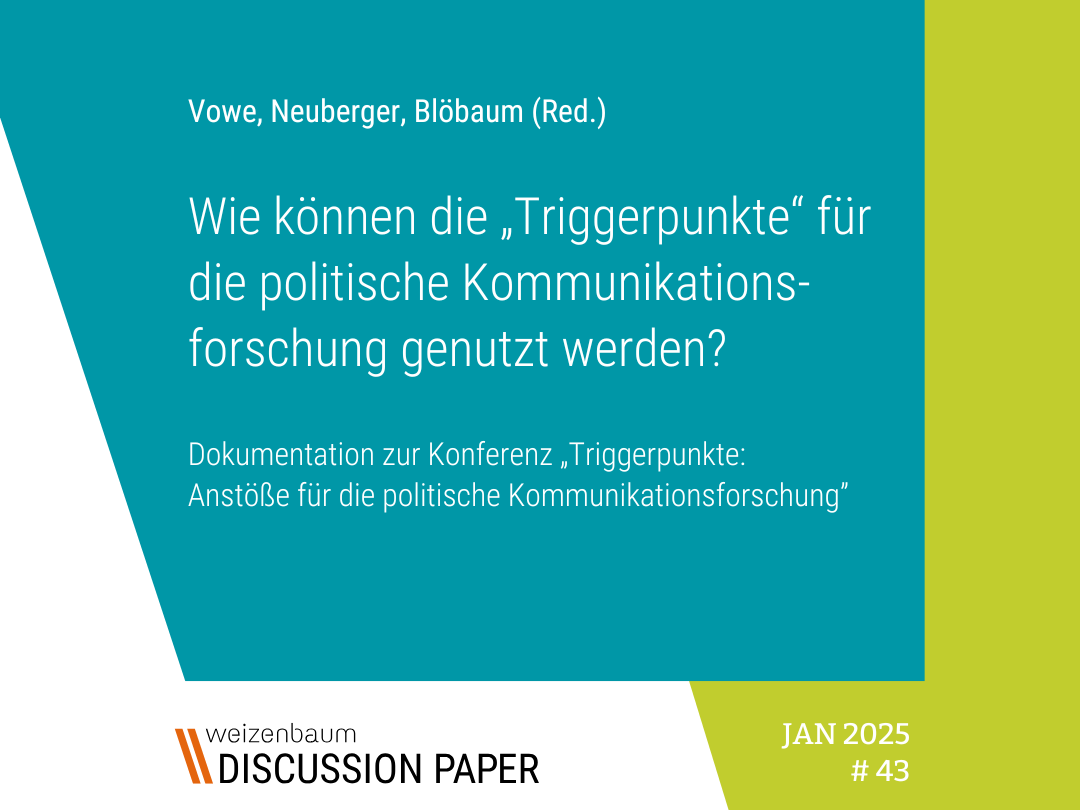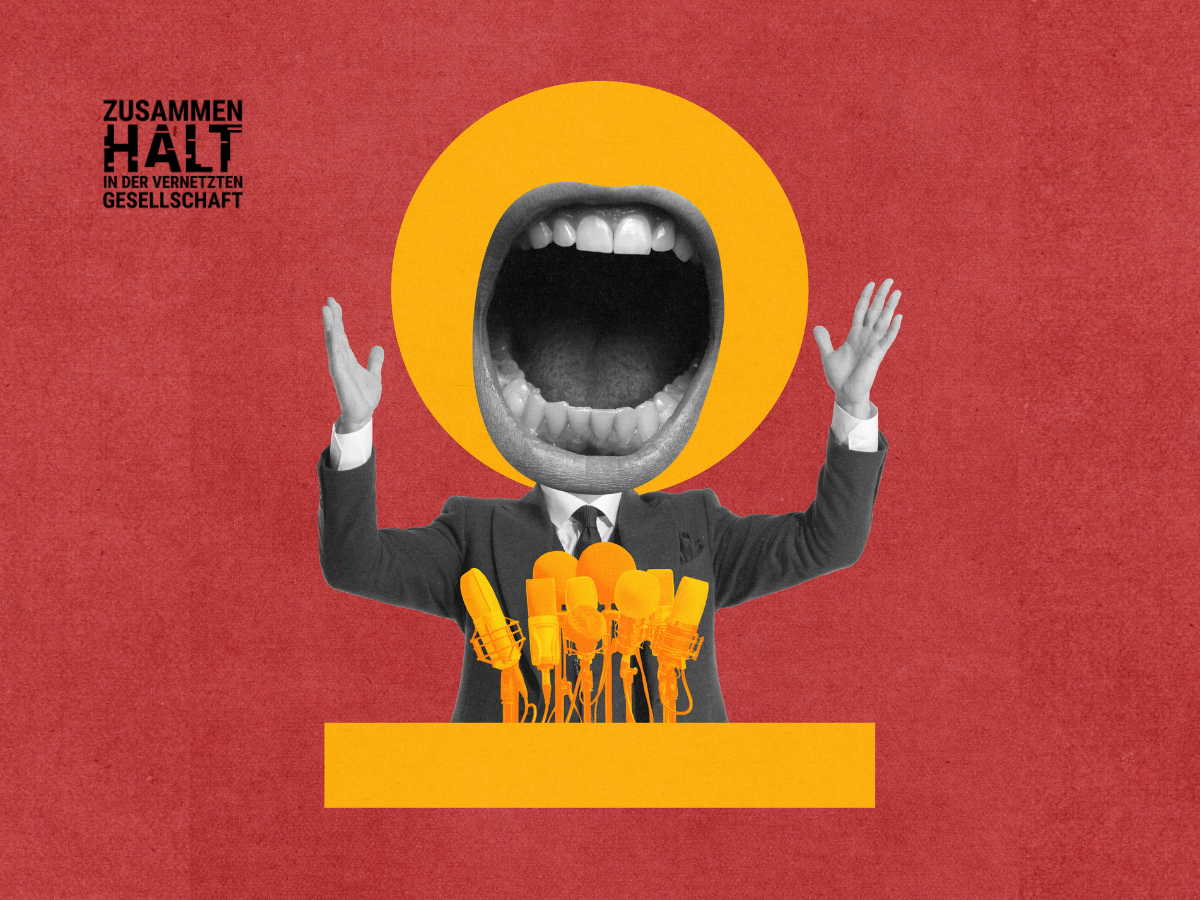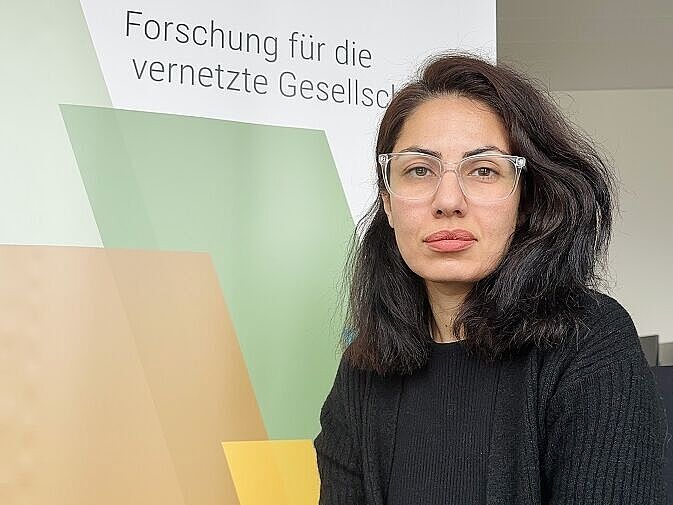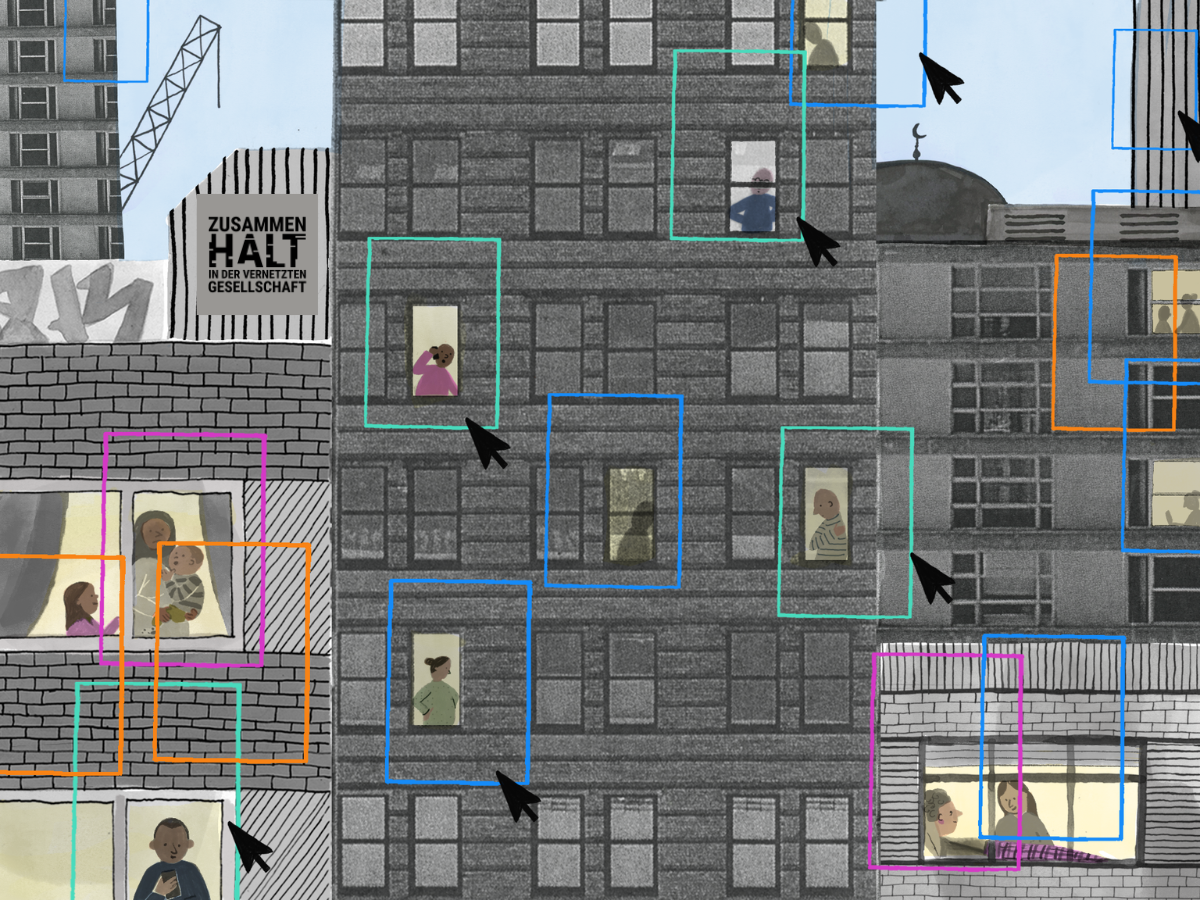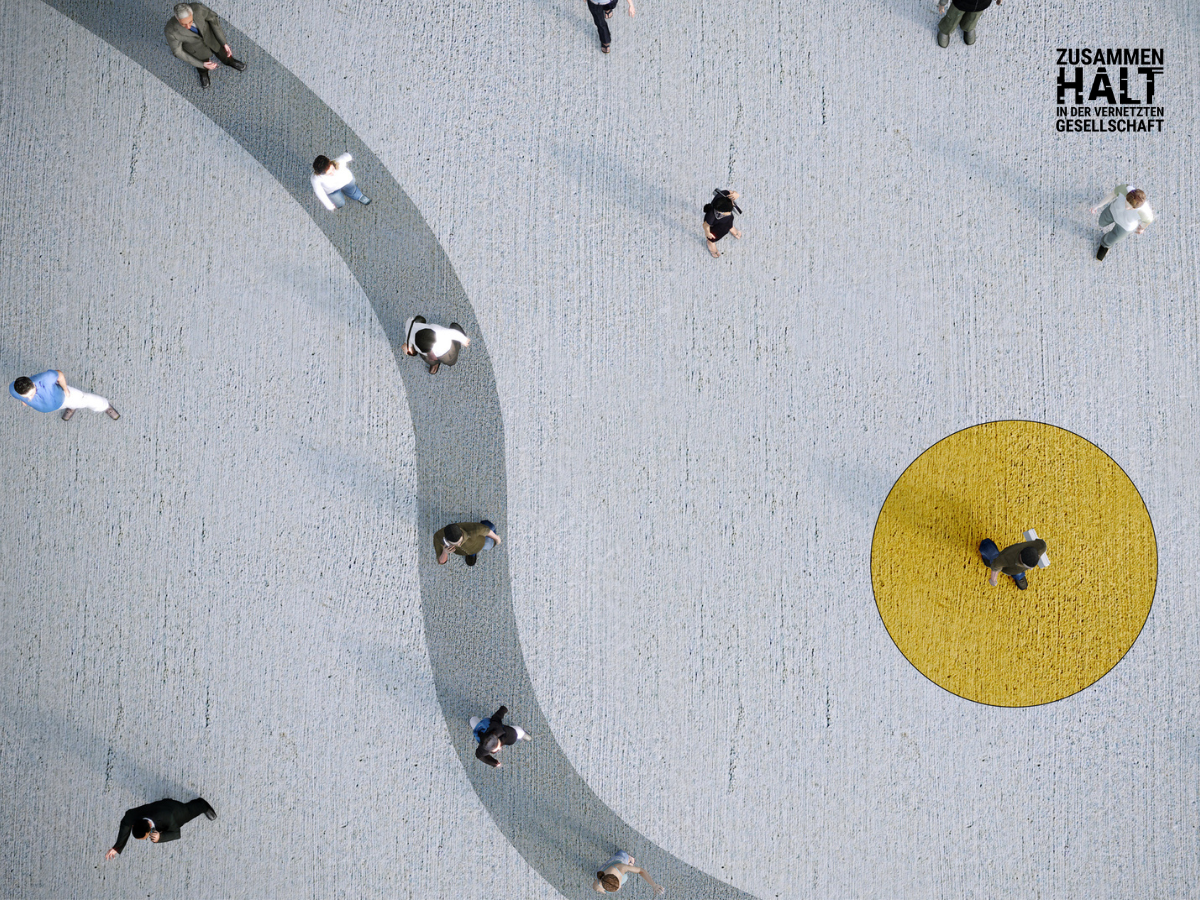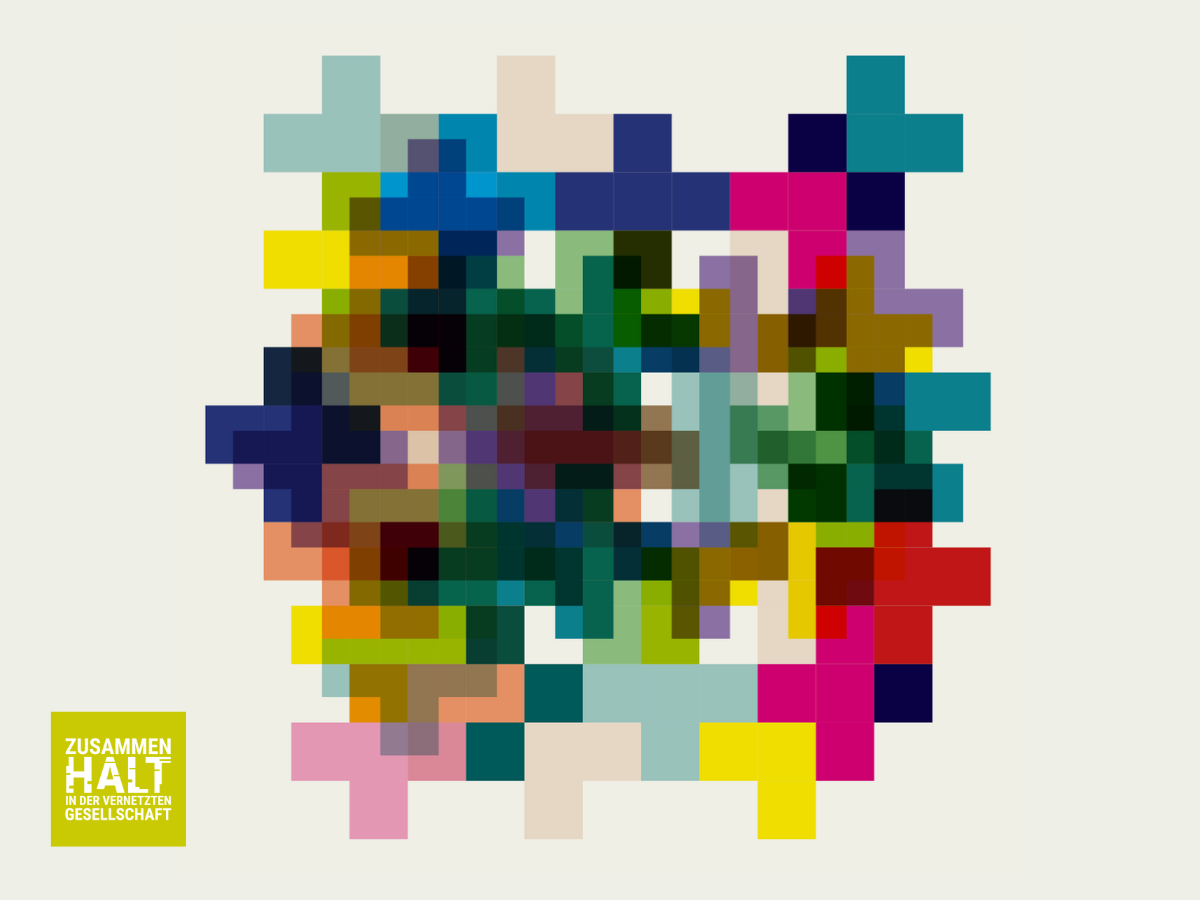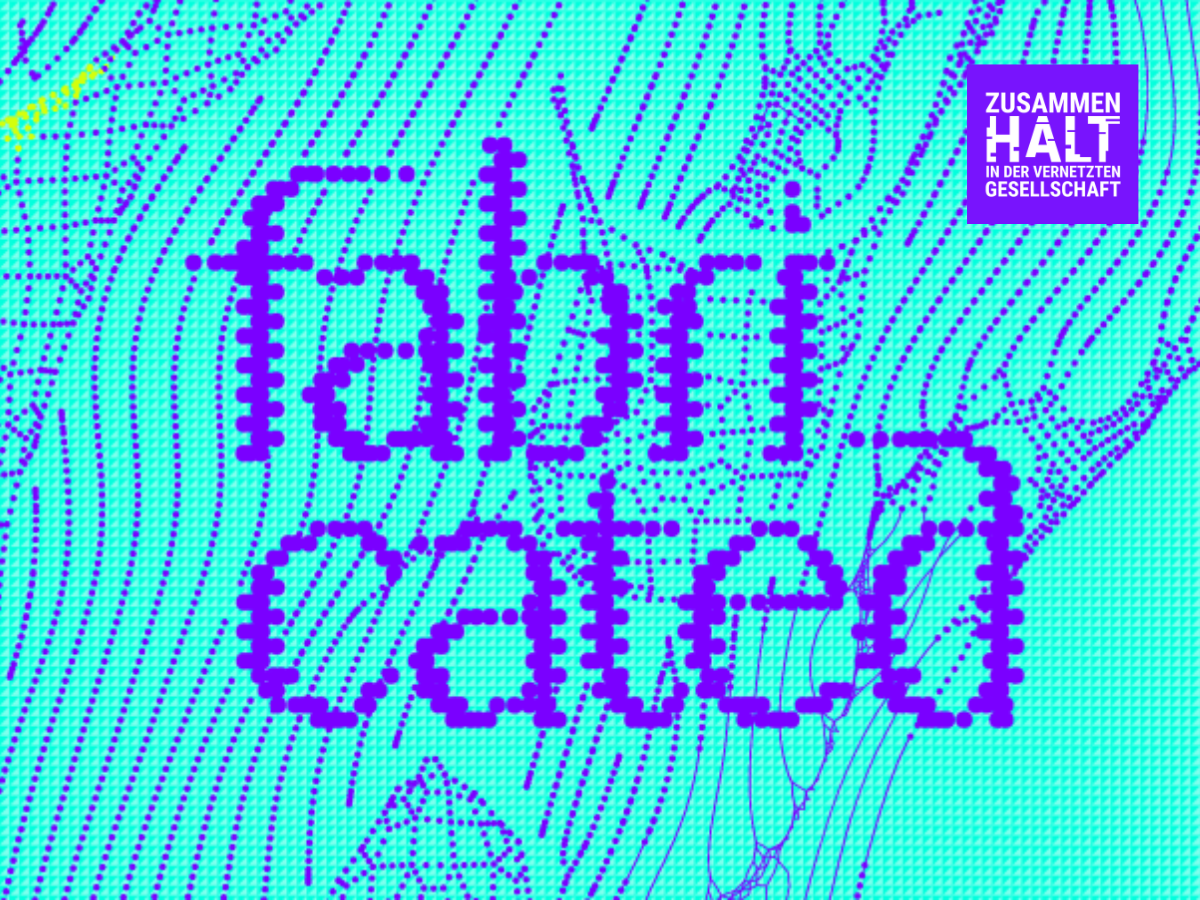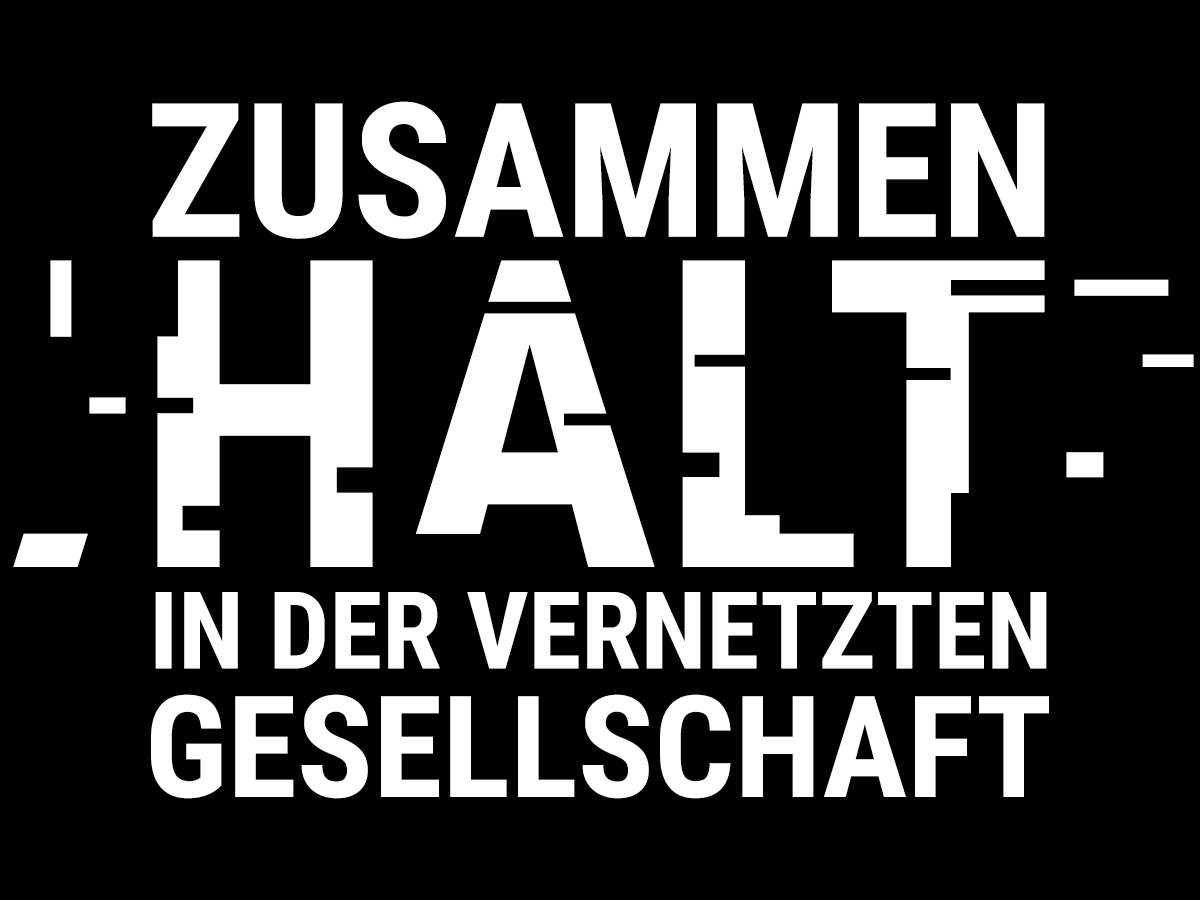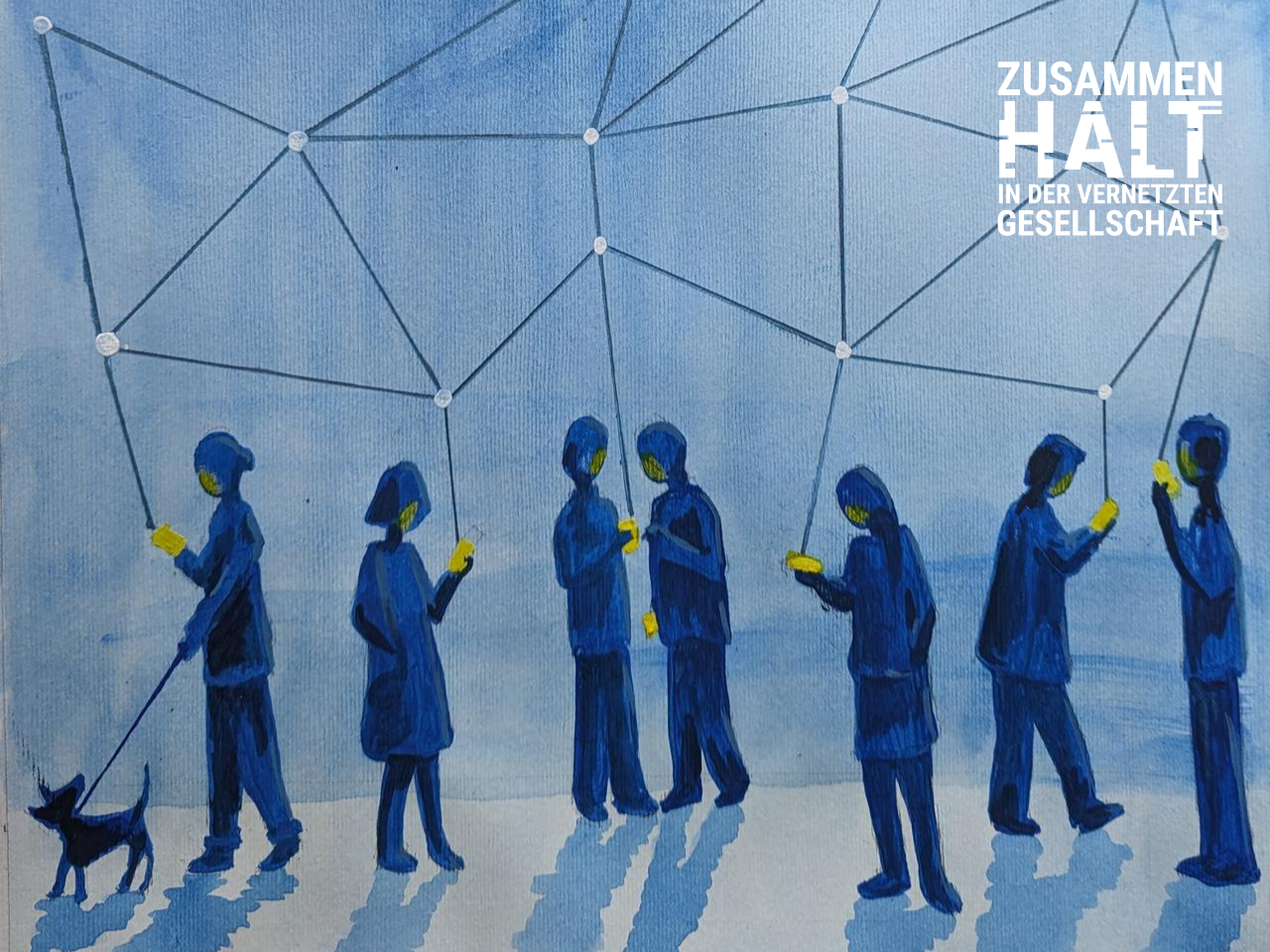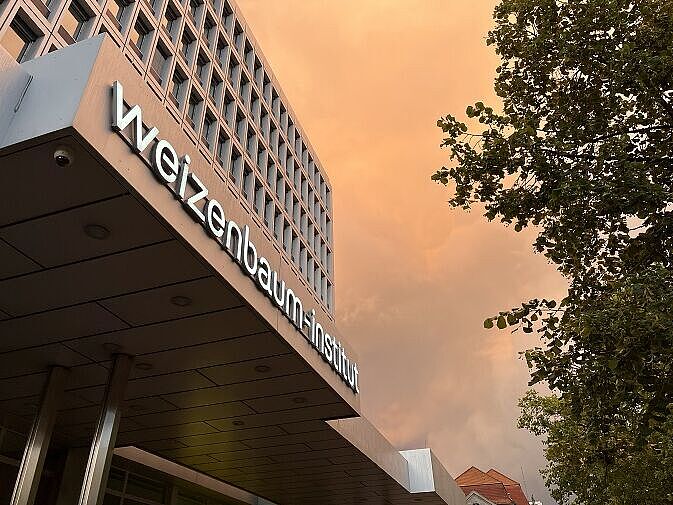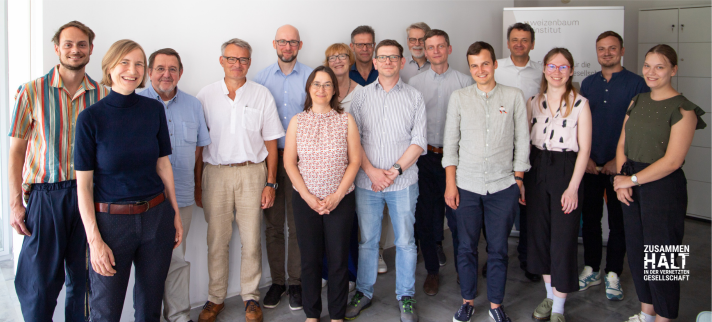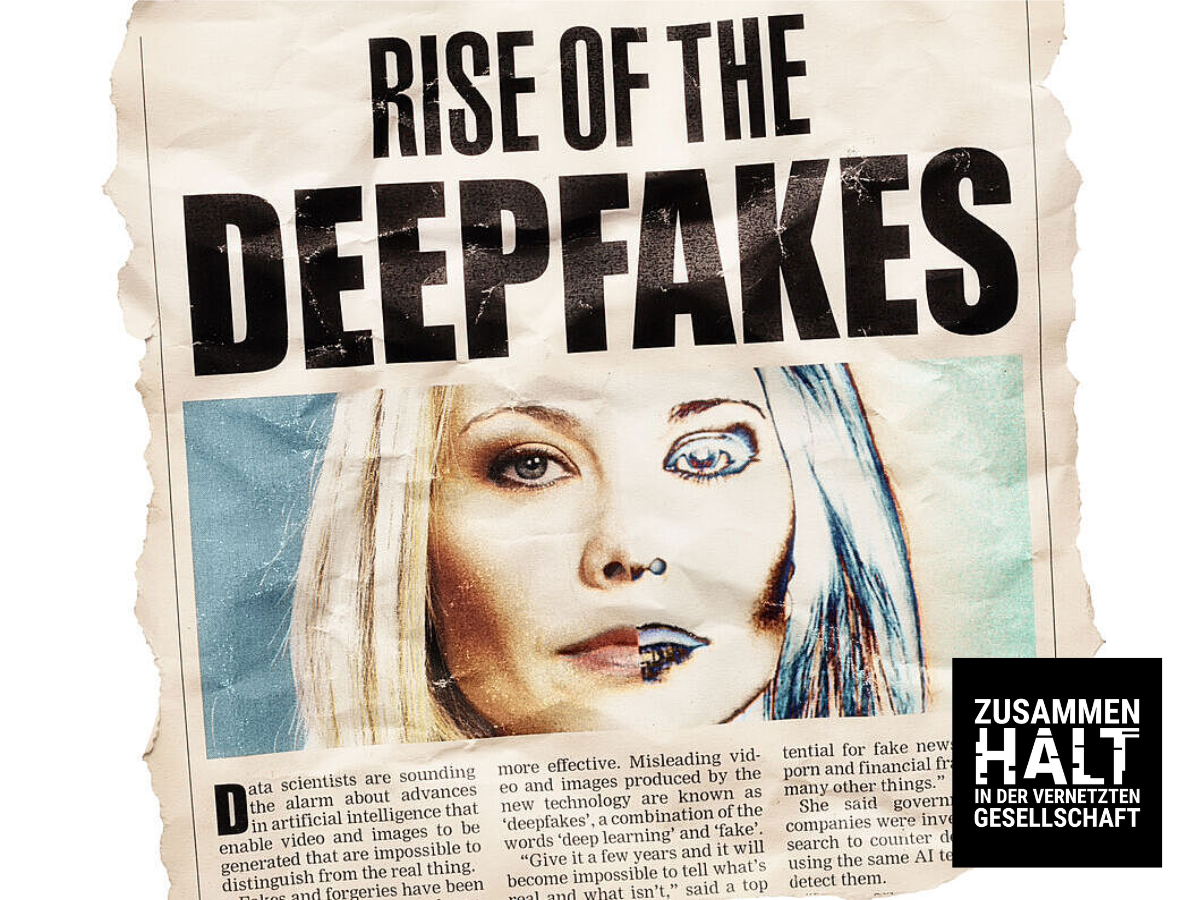Solidarity in the Networked Society
It looks like the world is burning. A quick glance at the news gives the impression that we live in a fractured society, always connected yet unable to agree on anything. We're perpetually online, constantly agitated, and at the same time, isolated and politically polarized. How can we fight for social justice in such an environment?
When looking for causes, digital technologies are often cited. Social media algorithms are blamed for radicalizing, provoking, and addicting people, while generative AI tools churn out deepfakes and amplify prejudices by the minute.
This communication special on “Solidarity in the Networked Society” explores what the internet has to do with the current chaos in the world. What does it mean for political participation, civic engagement, and democratic institutions that so many interactions - including politics - have moved online? How do digital technologies fuel hate speech, election manipulation, or culture wars? And when do they foster constructive debates, participation, and solidarity that weren't possible offline? And last but not least, are we really as polarized as it seems, or is the digital image distorted?
At the Weizenbaum Institute, scientists from various disciplines are researching these questions. We have collected interviews, workshop reports, dossiers, and discussion contributions, to gain insights into their research and navigate the complex landscape of disinformation, filter bubbles, trigger points, and digital participation. We hope you‘ll join us along the way.
Please note that not all articles are available in English.



